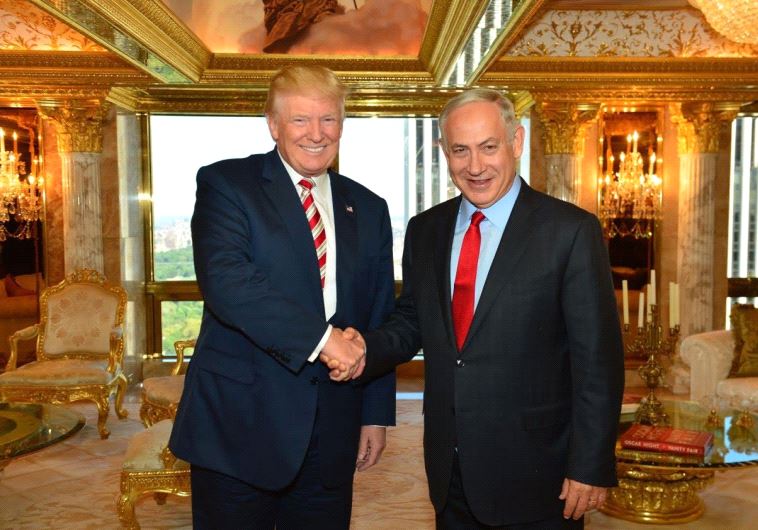Netanyahu and Trump to meet on February 15
The US President and the Israeli PM are expected to discuss a range of security issues, White House Press Secretary Sean Spicer announced Monday.
 Donald Trump and Benjamin Netanyahu meet at the Trump tower(photo credit: KOBI GIDON / GPO)Updated:
Donald Trump and Benjamin Netanyahu meet at the Trump tower(photo credit: KOBI GIDON / GPO)Updated: